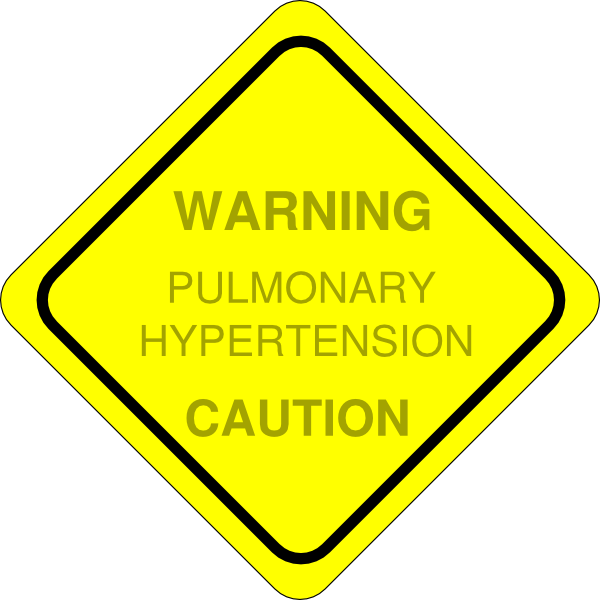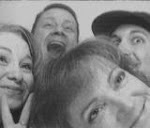February--entire Olympic games--in hospital. March--entire NCAA Basketball tournament--in hospital. Does anyone see a pattern here? Since I am leaving the hospital tomorrow after a 3 week stay, I feel confident The Masters can go forward on schedule this weekend without my hospital assist. Hoping to make it past the Kentucky Derby and aiming for the World Cup!

This hospitalization began with a heart cath. Duke wanted me to have one to check for pulmonary hypertension. If the pressure was found to be high, I had a one way ticket punched to Duke and lung transplant. The procedure went well and found no significant pressure change from when the cath was first done during evaluation week there two years ago. Good news for my lungs, bad news for knowing any more about when to go forward with transplant.
Being sick again so soon is a step towards transplant however. So in this hospitalization, Dr. S decided we needed to try medication that my Pseudomonas infection hadn't seen in a long time. (Cue scary music here.) It was time for a trip to the ICU to be desensitized to Zosyn, a penicillin drug. Fortunately, the desensitization went well and 18 hours later I was back on my floor. Unfortunately, the Zosyn doesn't seem to be the silver bullet we were hoping for--just average. Bummer. To keep my positive trend going after leaving the hospital, I am going home on IV's; I'm not sure how long I'll be taking them.
I did have an experience this admission where I was reminded of the power of prayer. After a night of very little sleep, a nurse came in at 6 a.m. to get a blood test. Because these draws are done through my port, I usually try to go back to sleep while the nurse fusses with it. But this time she couldn't get the port to draw back blood. After what seemed like an inordinate time of fussing, she finally announces that the port will now not even push fluids. Fast forward to a total of 4 re-accesses and 2 nurses and my port is pronounced DOA. At 8 a.m. Interventional Radiology (IR) is notified that my port needs to be evaluated. If they can't get it to work or if they see damage, then the port would have to be removed and another surgically implanted. I was very concerned because no heparin had been able to go in to avoid clotting. I waited all morning and afternoon for IR to come get me and finally at 4:30 they called and said I would not be seen till tomorrow. Not a happy camper with the IR staff. I'd spent all day waiting and getting no medication. So after 3 attempts, the nurse started a peripheral iv in my arm.
One main concern I had was that at Duke they remove all ports at transplant. So I didn't want to get a new port just to turn around and have it removed again. That's a bit of trauma I would rather avoid.
 |
My fluoroscope had a large screen on
the side so I could see what was
happening. |
At 11:00 the next morning I went down to IR with a prayer in my heart. The head technician accessed my port and it looked good on the fluoroscopic screen. But when she went to flush it, nothing but pressure--nothing going in and nothing going out. There was no way to get the contrast into the line to see what was wrong let alone get the clot-busting TPA in where it needed to be. When she said it looked like my port was a goner, my heart sank. But then she asked the others if Dr. ? was available. They grabbed him from next door. He thought the needle looked like it was in the right place as well but he said he would give it one last try. So he put in yet another huber needle and this time with his strength, he was able to push a small bit and get a few drops of blood to return. He got a little contrast in and they could see the end of the catheter was blocked. My hope was that enough TPA could get in to make a difference, only time would tell. I had two hours to wait and hope and pray.
As I was leaving the procedure room to go back to the post op waiting area, the technician said, "If this works, you should go to Vegas because you will be one lucky girl." So I sat and sat and sat for almost 4 hours before they could get me back to the procedure room to check if my port was viable now or not. When she attached the flush she said, "Cross your fingers." As the contrast flowed in, I could see the liquid move on the fluoroscopic screen. I was so thrilled and so were the techs who had been helping me. "Wow, you really are lucky!" the head technician said. I turned to her with tears pooling in my eyes and said, "Luck had nothing to do with it--I was blessed." She smiled and agreed with me. What a tender mercy to have this sixteen year old port continue to function.
It's been a long three weeks but I've made it. So as I look forward to getting home tomorrow, I need to remember the blessings and not focus on the madness this disease creates.











